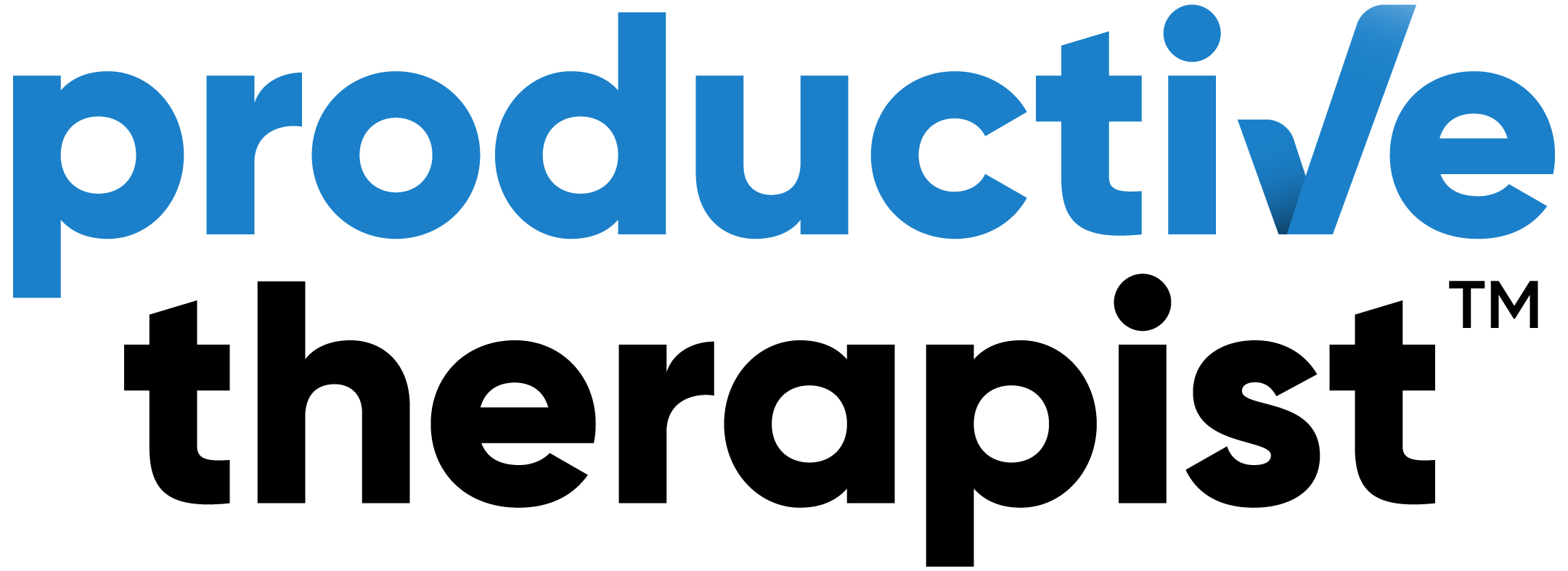ft. financial expert, David Frank, of Turning Point Financial Life Planning
Finances and money can feel overwhelming.
If you're staring down your financial to-do list and feeling a bit lost, hiring a financial advisor might be a smart move.
In This Episode, You'll Learn:
- How do you know what type of financial advisor you need?
- How can you know if they'll serve your (or their own!) interests?
- And how can you figure out what exactly you need help with?
Resources Mentioned In This Episode:
Turning Point Financial Life Planning
Productive Therapist Directory
5 Tips For Hiring A Financial Advisor
Finances and money can be overwhelming. Everyone gets a little stuck, or could use a little guidance from time to time. That can be particularly true for therapists in private practice. Why? Because not only do you have personal financial challenges to address (savings, investing, planning for retirement), but you also have the finances of your private practice to navigate. It can get overwhelming in a hurry!
If you're staring down your financial to-do list and feeling a bit lost, hiring a financial advisor might be a smart move. But deciding which is the right financial advisor to hire can ITSELF be a pretty overwhelming and bewildering process!
This article is here to help! To find the right financial advisor for your situation, you need a plan. Follow our 5 simple tips to hire the best financial professional for you.
1. Get clear about your pain points
The first - and arguably most important step - when considering hiring a financial advisor is to get clear about what your particular pain points are. What is it you need help with?
You might want help knowing that you're saving and investing appropriately for retirement. Or planning for your children's educational expenses. Or maybe that nagging student loan debt is something you could use some advice on. Or setting up a retirement plan. Perhaps you need help with your practice financials or are considering a more complex move like the S-Corp tax election. Or you might just feel the need to have a more intentional and thoughtful approach to your money.
All of these items are ones which a good comprehensive financial advisor can help you navigate. The clearer you are about what specifically you need help with, the better you'll be able to evaluate which financial professional will truly be able to resolve what's on your mind.
2. Explore the services your financial advisor offers
The financial world is confusing - pretty much every element of it. And finding a trusted advisor is unfortunately no different.
Financial advisor, investment advisor, financial planner, wealth manager - these are all terms you might run into.
There are a variety of different job titles you will find when looking for a financial professional, but sadly these titles often don’t mean much. Why? Because they aren't used consistently from person to person and (unlike mental health) there is little regulation dictating which titles mean what.
The title a financial professional uses typically won't give you much useful information about the services they actually provide. You'll have to dig a bit deeper and really learn what specific services they offer.
This is where knowing your particular pain points becomes so important. Review the potential advisor's website - or better yet have a conversation with them. Tell them specifically what areas you're looking to address and ask whether (and how) they could help you. Don't settle for vague answers - ask them specifically how they address challenges like the ones you're facing.
Many financial professionals help you exclusively with your investments. And that's fine as long as that's all you need help with. But typically folks are looking for more holistic or comprehensive financial advice. If a more complete and comprehensive approach is what best suits your needs, be sure that's what your professional is able to provide.
3. Understand how your financial advisor is paid
Sadly, the way financial professionals are compensated is often murky and convoluted. You can find plenty of "advisors" (and I use that term loosely) who seemingly don't charge you anything for financial advice.
While that might seem like you're getting free or complimentary advice, in fact what's typically happening is that the advisor is receiving a big commission from the investment or insurance products they're selling. That isn't necessarily bad, but it does create a conflict of interest.
You need to go into a relationship with a financial professional having a clear understanding of how that professional is compensated. Specifically, I suggest you ask two different questions.
First, ask the professional how you pay them. Do you pay them an hourly or monthly fee? Or do they take an annual percentage fee of the investments they manage on your behalf?
Second, ask the professional if they financially benefit in any other way from the work they do with you. Here you want to understand not what you're paying the professional directly, but rather what (if any) backend incentives, commissions, kick-backs etc. they might receive as a result of the products or services they sell you.
4. Ask if your financial advisor is a fiduciary
Especially if your financial professional is suggesting you invest in certain products or purchase insurance policies, it's important to understand if they operate as a fiduciary.
What the heck IS a fiduciary? Great question!
A fiduciary (or someone operating under a fiduciary standard), means that they have an obligation to act in utmost good faith, in a manner they reasonably believe to be in the best interests of the client (that's you!). In other words, fiduciaries are required to put your interests ahead of their own.
That's important because absent a fiduciary duty, a financial professional could point you in the direction of financial products and services that aren't the best fit for you - and might have big (often hidden) fees which negatively impact you - while lining the advisor's own pockets.
Sadly, there has been - and continues to be - a lot of bad and damaging financial advice out there. Protect yourself by ensuring that you work with a financial professional who operates as a fiduciary.
5. Decide if your financial advisor should be a private practice specialist
The final pointer relates to whether your financial professional specializes in helping small business owners like yourself. Defining and servicing a niche is just as hot a topic in the financial planning world as it is in the world of psychotherapy. And for good reason! Focusing on a niche allows financial professionals to better serve clients - because they understand the nuanced concerns and challenges of operating a private practice. There ARE financial advisors out there who specialize in serving therapists in private practice and there are many more who specialize in serving small business owners.
Working with a professional who has dedicated themselves to helping small business owners or - better yet - therapists in private practice may help you receive more tailored and valuable advice to navigate your financial life moving forward.
Evaluate Your Findings and Hire a Financial Professional
Hiring a financial professional can really make a big impact on both your professional and personal life!
If you need some reliable recommendations to get you started, Uriah’s List from Productive Therapist has some great resources specifically for therapists. It contains a comprehensive, regularly-updated list of companies and individuals that offer financial planning services along with other support services for therapy practices.
If you know colleagues with recent experience working with a financial professional, ask them for recommendations.
There are many ways to find a good financial professional for both your personal and professional finances – a standard web search, recommendations from fellow practice owners, as well as the fantastic resource, Uriah’s List. When you find a financial expert who truly understands your needs and goals, it can be the start of a fantastic, exciting working relationship that can revolutionize your personal and work life!
Subscribe & Review in Apple Podcasts
If you're not already subscribed to the Productive Therapist Podcast, now's your chance to join the hundreds of other therapists who tune in each week. You'll get weekly encouragement, support, tips and suggestions for growing your practice and reaching your goals.
The world needs you to be the best, most productive therapist you can be. And you owe it to yourself to reach for your big dreams. The Productive Therapist Podcast is here to help you do both.
Click here to subscribe now on iTunes.

